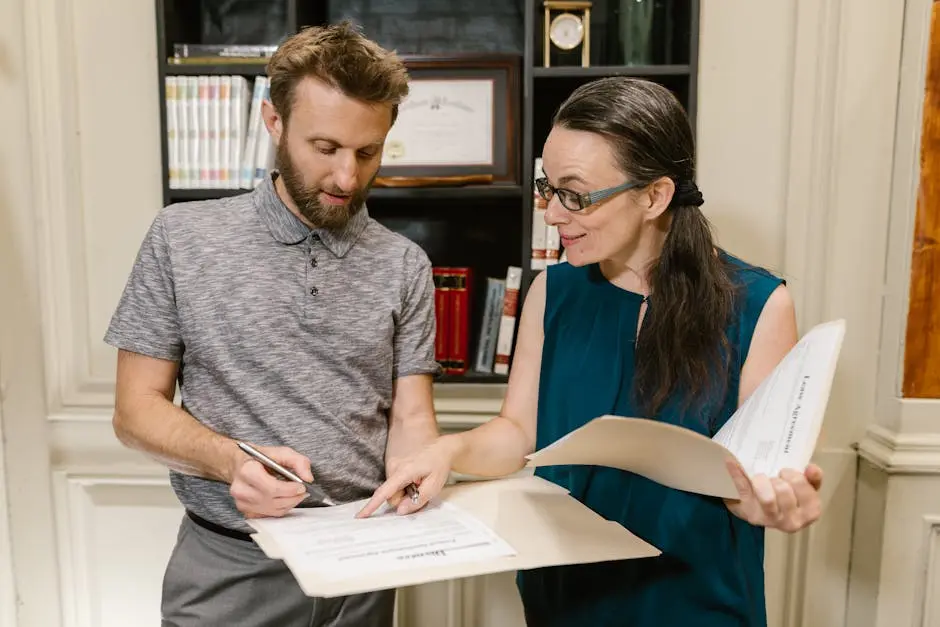
Probate can be a complex and often confusing process, especially during challenging times like dealing with the loss of a loved one. Understanding the role of a probate lawyer can help demystify this process. In this FAQ, we’ll break down what a probate lawyer does and how they can assist you in navigating the probate process.
What is Probate and Why is a Lawyer Needed?
Probate is the legal process of settling an estate after someone has passed away. It involves validating the will, paying debts, and distributing the remaining assets to beneficiaries. A probate lawyer is needed to ensure this process is conducted legally and efficiently.
Imagine the probate process as a roadmap that helps transition an estate from the deceased to the living. During this journey, a probate lawyer acts as the navigator, ensuring that all legal roads are followed and potential roadblocks are avoided. This guidance helps loved ones focus on healing without the added stress of legal distractions.
How Does a Probate Lawyer Assist with Estate Administration?
A probate lawyer helps with submitting the deceased’s will to the probate court, inventorying the deceased’s assets, and determining the value of the estate. They ensure that all necessary paperwork is properly filed and deadlines are met.
In addition to handling documents, probate lawyers provide an essential service by communicating with creditors and ensuring that outstanding debts are settled. This step is vital to avoid future complications for the estate’s heirs. Their involvement can significantly reduce the burden on the estate’s executor.
The lawyer’s role extends beyond mere paperwork. Their extensive knowledge of estate law enables them to offer strategic advice based on the unique circumstances of each case. This personalized approach ensures that all actions taken align with both legal requirements and the deceased’s wishes.
What Happens If There Is No Will?
If no valid will exists, a probate lawyer assists in navigating intestacy laws, which govern how the estate will be distributed. They help identify heirs according to state laws and ensure the estate is settled fairly.
In such scenarios, having a probate lawyer becomes even more crucial, as they unravel the complex web of intestacy laws. Their expertise helps ensure that the rightful heirs receive what they are entitled to, thereby preventing potential disputes among family members.
How Do Probate Lawyers Handle Disputes?
Disputes may arise over the will’s validity or the distribution of assets. A probate lawyer mediates conflicts, represents their client in court if necessary, and works to find amicable solutions.
The ability to handle disputes is one of a probate lawyer’s most critical roles. They offer an objective perspective, helping all parties reach an agreement without the emotional charge that can accompany these disputes. Their mediation skills can often prevent minor disagreements from escalating into full-blown legal battles.
What Are the Common Fees Associated with a Probate Lawyer?
The fees for probate lawyers can vary depending on the complexity of the estate and regional rates. Some charge a flat fee, while others bill hourly or take a percentage of the estate.
It’s important to discuss and understand fee structures before engaging a probate lawyer to avoid unexpected expenses. Some lawyers may offer a free initial consultation, which can provide insights into potential costs and help determine the most suitable arrangement for your circumstances.
Wrapping Up: The Importance of a Probate Lawyer
In conclusion, a probate lawyer is an essential ally in navigating the complexities of probate law. From guiding you through the initial steps to ensuring the estate is settled correctly, they provide invaluable assistance during a challenging time. Understanding their role can help relieve some of the stress and ensure a smoother process. Discover more about how probate services can assist you by visiting our homepage.






